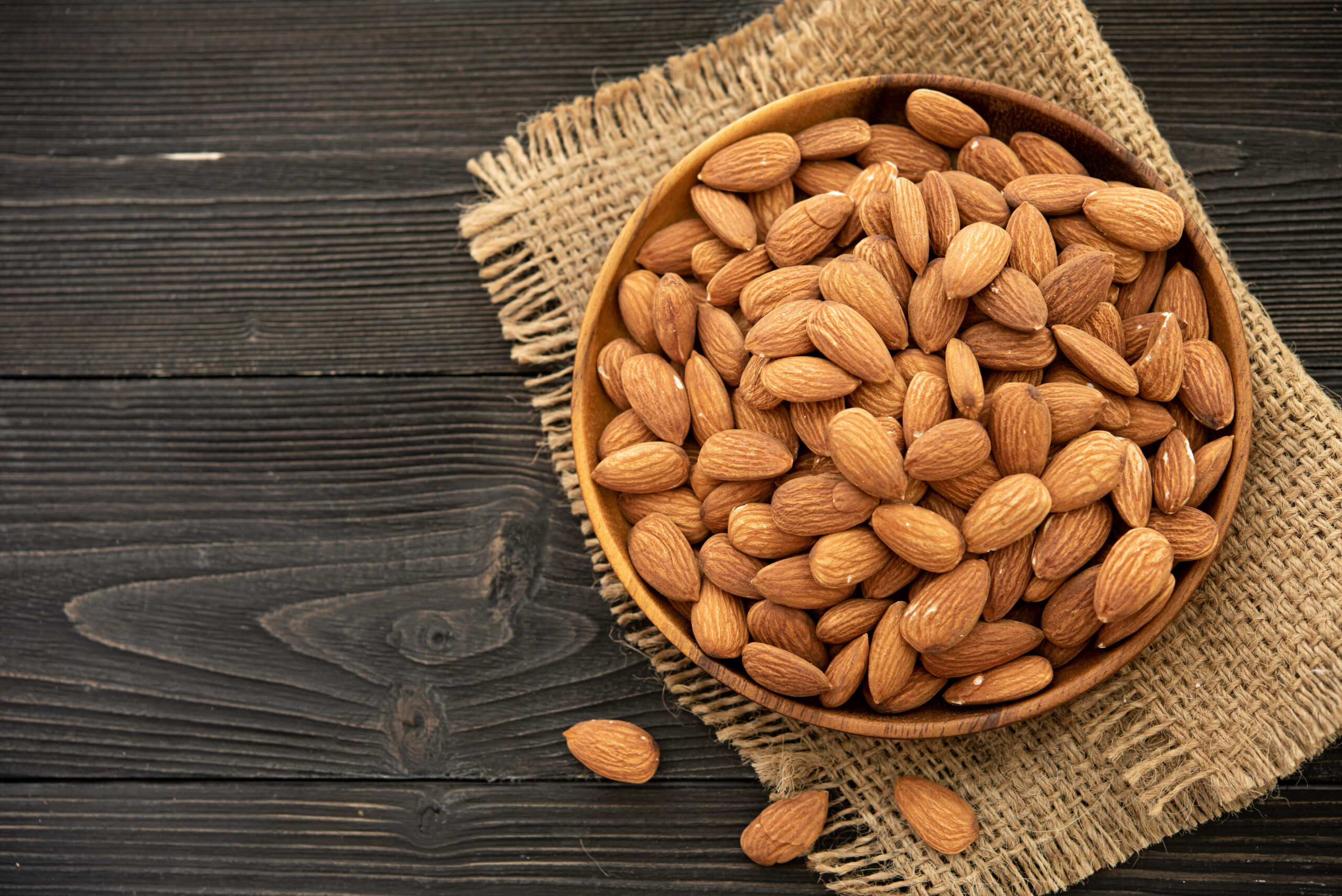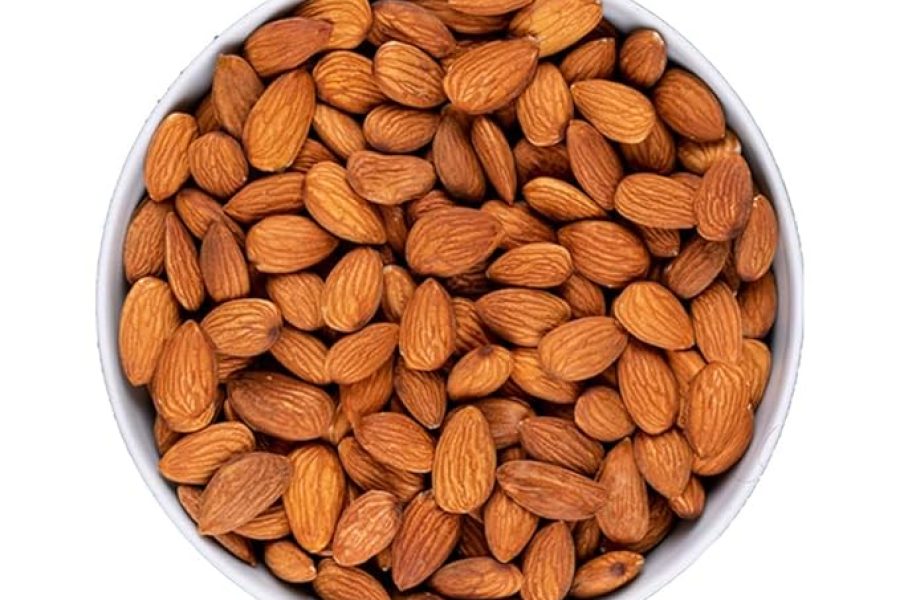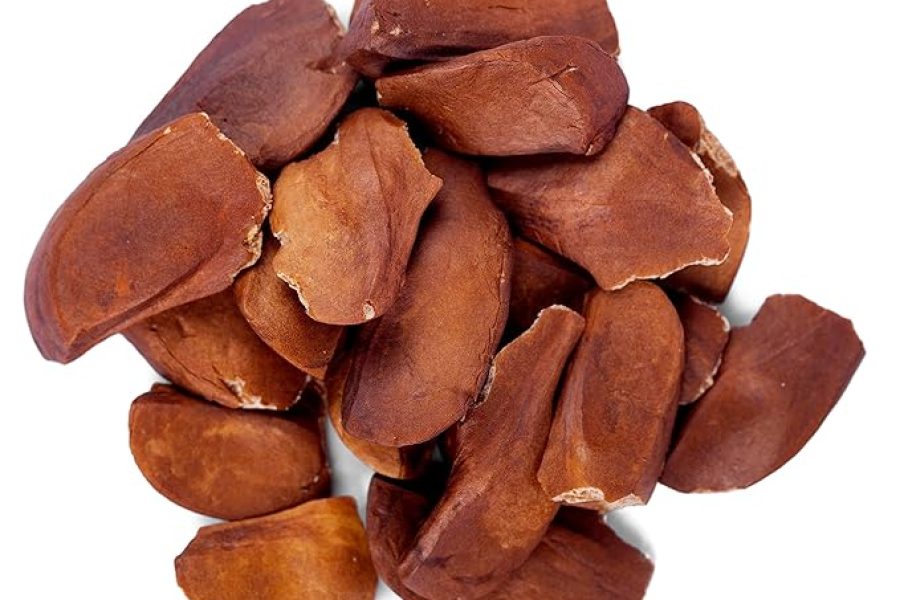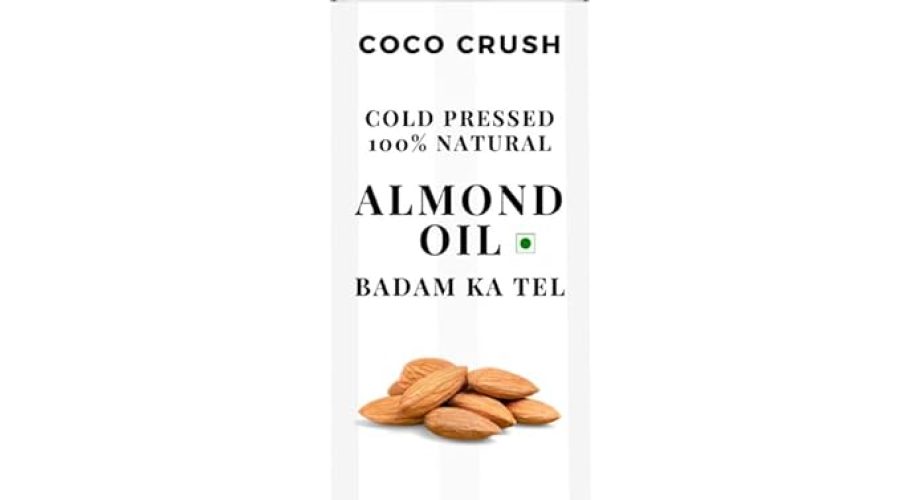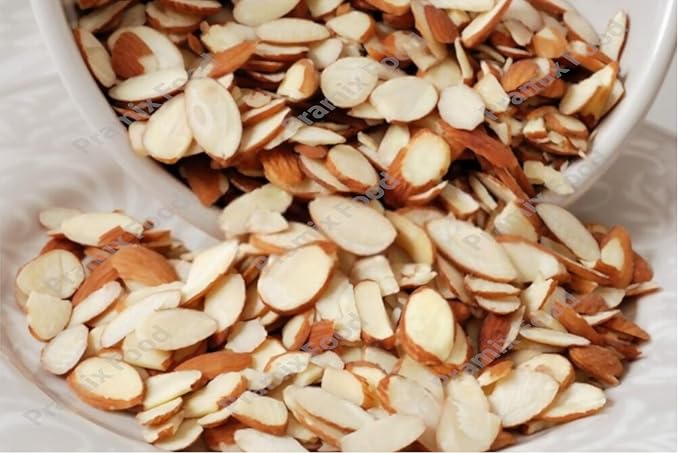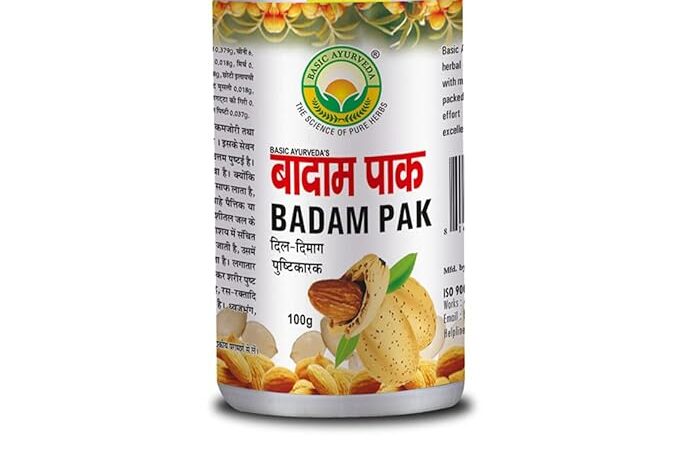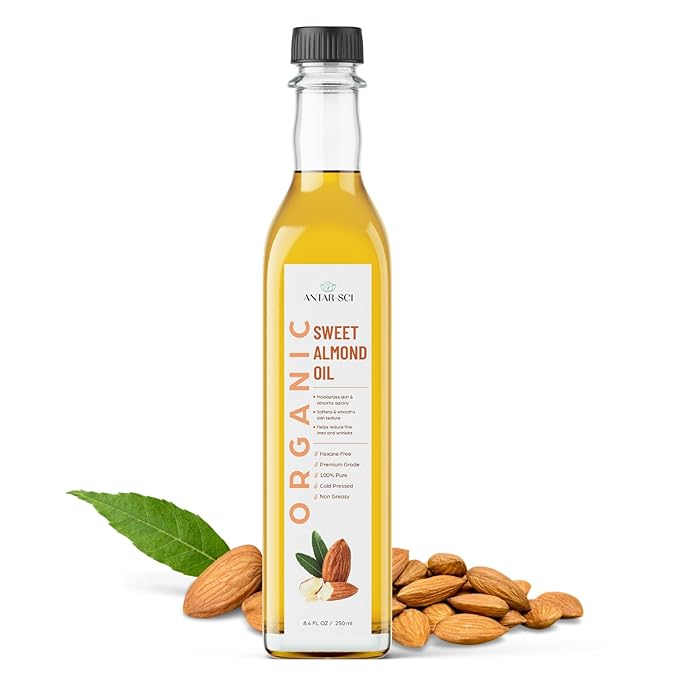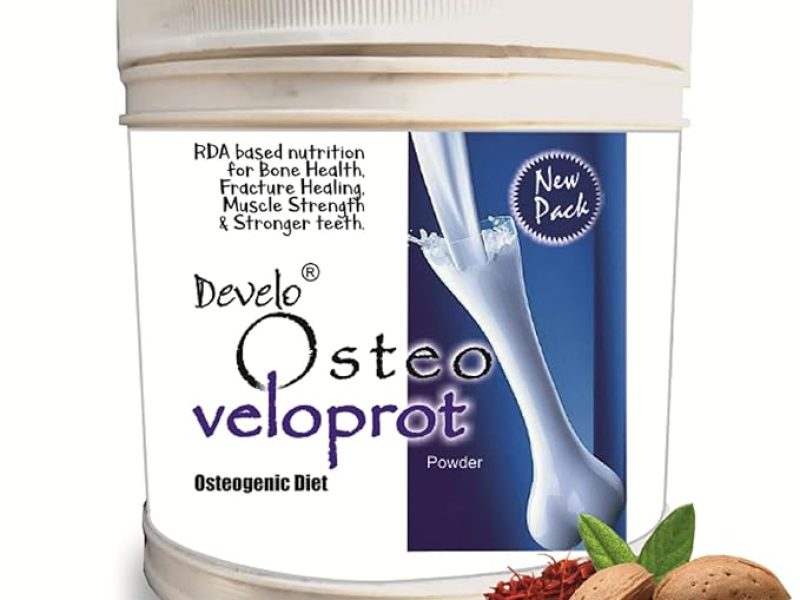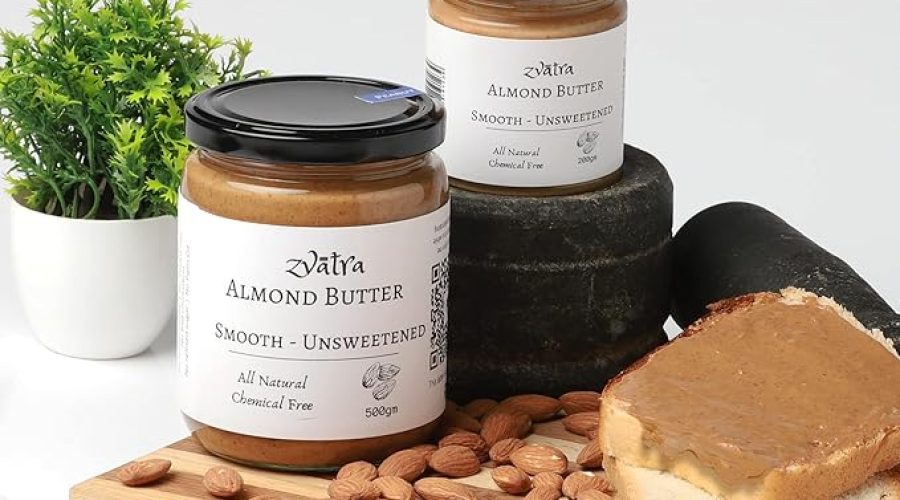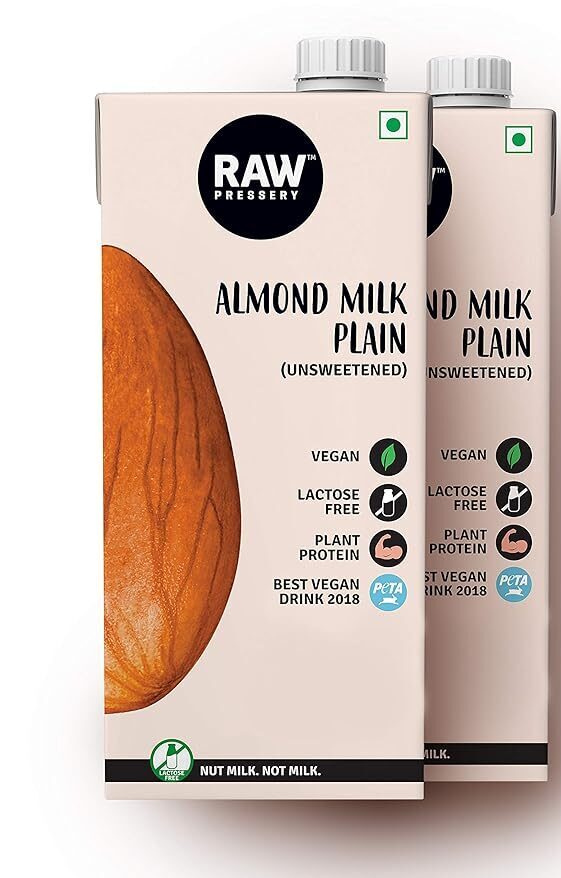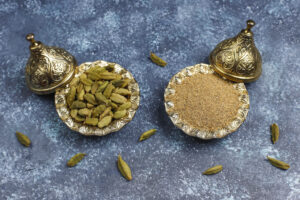Almond is nature’s powerhouse, offering countless benefits to enhance your health and well-being. These tiny seeds, often mistaken for nuts, are rich in essential nutrients, making them a fantastic addition to your daily diet. From boosting brain health to promoting glowing skin, they are a versatile and delicious way to supercharge your life. Let’s explore the magic of almonds and discover why they are truly a gift of nature.
Table of Contents
What is Almond?
It is the edible seed of the almond tree (Prunus dulcis), which originates from the Middle East. They are encased in a hard shell that protects their precious contents. Despite being classified as nuts in the culinary world, they are technically seeds of the almond fruit. Their crunchy texture and slightly sweet flavor make them a global favorite.
Also Read : Amla Benefits for Health
Also Read : OLIVE OIL Benefits for Health
Nutritional Powerhouse of Almond
They are incredibly nutrient-dense. They pack a variety of vitamins, minerals, healthy fats, and antioxidants into each serving. Here’s what a standard 28-gram (one-ounce) serving offers:
Vitamin E: 7.3 mg (37% of the daily recommended intake).
Protein: 6 grams.
Dietary Fiber: 3.5 grams.
Healthy Fats: 14 grams, primarily monounsaturated fats.
Magnesium: 76 mg (19% of the daily recommended intake).
Calcium: 76 mg (7% of the daily recommended intake).
These tiny seeds are also low in carbohydrates, making them a great choice for those following low-carb or ketogenic diets. Additionally, they are packed with antioxidants, which help protect your cells from oxidative stress and reduce inflammation.
Also Read : JAGGERY Benefits for Health
Health Benefits of Almond
1. Boosts Heart Health
They are rich in monounsaturated fats, which are heart-friendly. Regular consumption can help lower LDL (bad cholesterol) levels while increasing HDL (good cholesterol). They are also a good source of magnesium, which helps maintain healthy blood pressure levels. Studies show that eating them daily may reduce the risk of heart disease by improving overall cardiovascular health.
Also Read : Jeera(Cumin) and Its Health Benefits
2. Enhances Brain Function
Known as “brain food,” they are packed with nutrients like riboflavin and L-carnitine, which boost cognitive function. These compounds help in the regeneration of brain cells, improving memory and reducing the risk of neurological disorders such as Alzheimer’s disease. This makes them an excellent snack for students and professionals.
Also Read : KALONJI(BLACK SEED) Secret Benefits for Health
3. Aids in Weight Management
Although they are calorie-dense, they can aid in weight loss when consumed in moderation. Their high fiber and protein content promote satiety, reducing the likelihood of overeating. Additionally, their healthy fats support metabolism, making them a valuable addition to a balanced diet for weight management.
Also Read : Horse Gram (kulthi Daal) for Weight Loss
4. Promotes Glowing Skin
They are a rich source of vitamin E, a powerful antioxidant that protects your skin from damage caused by free radicals and UV rays. Regular consumption can improve skin elasticity and hydration, resulting in a youthful and radiant complexion. Almond oil is also widely used in skincare for its nourishing properties.
Also Read : Saunf(Fennel Seeds) and Its Health Benefits
5. Supports Bone Health
They contain calcium, magnesium, and phosphorus, which are essential for maintaining strong and healthy bones. These nutrients help prevent conditions like osteoporosis and improve bone density. Including them in your diet can ensure long-term skeletal health.
How to Include Almond in Your Diet
Also Read : Our Another Blog on Rock Salt (Sendha Namak)
1. Snack on Whole Almond
Keep a small container of roasted or raw ones handy for a quick and healthy snack. They’re perfect for curbing hunger between meals and providing an instant energy boost.
2. Use Almond Butter
Swap traditional spreads like peanut butter with almond butter. Spread it on whole-grain toast, drizzle it over oatmeal, or blend it into smoothies for a creamy, nutrient-packed treat.
3. Add Almond to Recipes
Chopped ones can elevate the taste and texture of various dishes. Sprinkle them over salads, yogurt, or desserts for a satisfying crunch. They’re also an excellent addition to stir-fries, baked goods, and granola.
4. Try Almond Milk
Almond milk is a dairy-free alternative that’s low in calories and rich in nutrients. Use it in coffee, smoothies, or cereal for a delicious, lactose-free option.
5. Bake with Almond Flour
Almond flour is a gluten-free substitute for regular wheat flour. It’s perfect for baking cakes, cookies, and muffins, adding a subtle nutty flavor to your recipes.
Cultural and Historical Significance of Almond
They have been cultivated for thousands of years and hold significant cultural and historical value. They are considered a symbol of good luck, prosperity, and health in many traditions. Here are a few examples:
Also Read : Health Benefits of Isabgol Husk
Middle East: They are a key ingredient in traditional desserts like baklava and halva.
Europe: Sugared almonds, known as “Jordan almonds,” are a popular wedding favor symbolizing sweetness and longevity.
United States: California is the world’s largest producer, contributing over 80% of the global supply.
Choosing and Storing Almond
To enjoy them at their best, follow these tips:
Selection: Choose ones that are fresh, uniform in color, and free from cracks or an off-putting odor.
Storage: Store them in an airtight container in a cool, dry place to prevent spoilage. Refrigerating them can extend their shelf life.
Avoid: Discolored or shriveled ones, as they may be rancid or old.
Frequently Asked Questions
1. Are they good for weight loss?
Yes, they are rich in fiber and protein, which promote fullness and reduce overeating. Consuming them in moderation can aid weight loss.
2. How many almonds should I eat daily?
Most experts recommend eating 20-25 daily to reap their health benefits without consuming excess calories.
3. Can they improve skin health?
Absolutely! They are rich in vitamin E, which nourishes the skin and provides a radiant glow.
4. Are soaked ones better than raw ones?
Soaked ones are easier to digest and allow better absorption of nutrients. They also offer a more subtle taste and a softer consistency.
5. Can almond milk replace regular milk?
Yes, it is an excellent alternative for those who are lactose intolerant or following a vegan diet. It’s low in calories and high in nutrients.
Conclusion
They are a gift from nature, packed with nutrients and health benefits that can enhance your lifestyle. Whether you snack on them, add them to your meals, or enjoy them as almond milk, these versatile seeds are a delicious and nutritious way to improve your overall well-being. Start incorporating them into your daily routine today and experience their transformative power firsthand!
Also Read : Ajwain (Carom Seeds) Health Benefits Secrets

